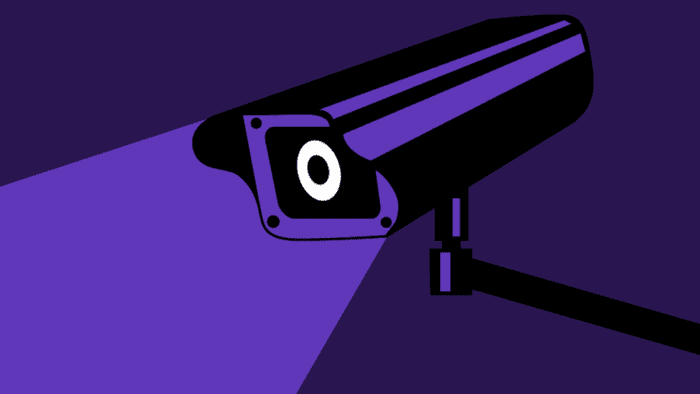We already knew this, didn’t we? Now, it’s confirmed by the US government itself. The declassified documents of the US government reveal the purchase of US citizens’ personal data by third parties. Now, this raises even more questions about privacy risks.
According to the Office of the Director of National Intelligence (ODNI) report, this includes information collected from PCs, phones, Smart TVs, etc. The documents were declassified in January 2022 at the request of Senator Ron Wyde. Now they are made public on June 9, 2023, reports TechCrunch.
How do agencies monitor citizens?
Every US citizen connected to the Internet, their history of web browsing, searching, etc. is now confirmed to be collected through third parties and sold to the government. This is done through the resale of data, made possible through service providers, social networks, and tracking apps. For example, Facebook, Instagram, Google Maps, etc. These companies already led our privacy in danger. Now the risk is higher since all this data can be used illegally.
US citizens’ personal data sold to intelligence actually makes an insight into the most detailed information about each of them. This can serve as a base to monitor their activities, and predict their behavior, the report states.
TechCrunch says that the problem here is not only general control and encroachment on privacy. It is also the way in which the data is collected. Some items from the report would otherwise require court warrants, but this is not the case. Agencies can access a lot of information by bypassing the courts, which is their legal obligation.
What kind of information does the document reveal?
The documents also reveal weird cases of surveilling people planning to take part in protests or other public gatherings. Some other tells about some gay catholic priest who later resigned. An even more bizarre case of collecting information comes from the Muslim prayer app in the US military. Such data obviously can be sold, not only to the government but to anyone willing to pay. This implies huge concerns about privacy risks, just by possessing a smartphone.
What’s more intriguing is, the report says that data is “commercially available”. This suggests that there are also those that aren’t, right? Even if they only collect “commercial” ones, the implication of such practice is questionable within the law.

TechCrunch further states that the office still doesn’t have complete insight into US citizens’ personal data selling. Neither how they conduct surveillance on US citizens, so there arises the question. What about other nations?
Since all major social networks and search engines are based in the US, it’s not difficult to make more implications. Such platforms obviously have no problem selling the data abroad too, as we’ve already seen before.
Does US citizens personal data selling make privacy risks even bigger?
Truth be told, we recently saw how the EU finned Meta for not complying with regulations about privacy risks. Facebook now has to pay $1.3B for keeping EU citizens’ data on servers outside the EU. However, overall results remain to be seen.
This is just another reminder that none of us actually enjoy full privacy on the internet. In the era of smartphones, Smart TVs, and now connected cars, the situation is getting even worse. After all, it’s very likely that this case will soon be forgotten, just like the Assange and Snowden cases. The latter two were obviously just the top of the iceberg.
Now, you are probably asking yourself what can be done to lower the risks. The answer is actually quite simple. You can’t. All of us are already embedded in the cyber world, which can obviously be controlled. With the rising of AI, privacy risks can get even grow to a larger scale.
After this US citizens’ personal data selling, it seems that it’s only a matter of time before all our photos, locations, and behavior are used to create some kinds of our profiles. These will surely become some company’s property, with the possibility of sharing with the government.
So, be careful what you’re doing. Not just online, because CCTV cameras are watching you, and the phone calls can be taped. Your privacy has been at risk for a long time now, and the scale of that risk is growing every day.





